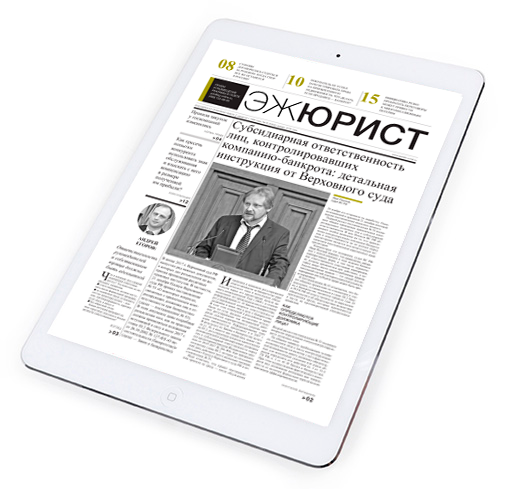Forensic expertise: opportunities and limits
For the recent several years there is an active discussion in the expert community on the necessity and transition paths at a qualitatively new level of a forensic expertise in law enforcement activity. While the policy conducted by representatives of the administrative branch of expert community aims at bureaucratization of forensic expert activity and creation of a closed corporation of “competent experts’’. Such policy presents certain risks, as it implies to provide the experts an access to conduct a forensic expertise based not on the criteria of their specific knowledge in the field of science, technology, arts or craft, but on the mere fact of obtaining а document of the established pattern.
Опубликовано:«ЭЖ-Юрист» №16 (967) 2017
Материал для подписчиков издания «ЭЖ-Юрист». Для оформления подписки на электронную версию издания перейдите по ссылке.

ЭЖ-Юрист
Российская правовая газета, издается с 1998 года. Освещает новости законодательства, практику применения законов и нормативных актов, судебную практику по различным отраслям права, предлагает аналитику наиболее актуальных вопросов правоприменения, отвечает на вопросы читателей.
